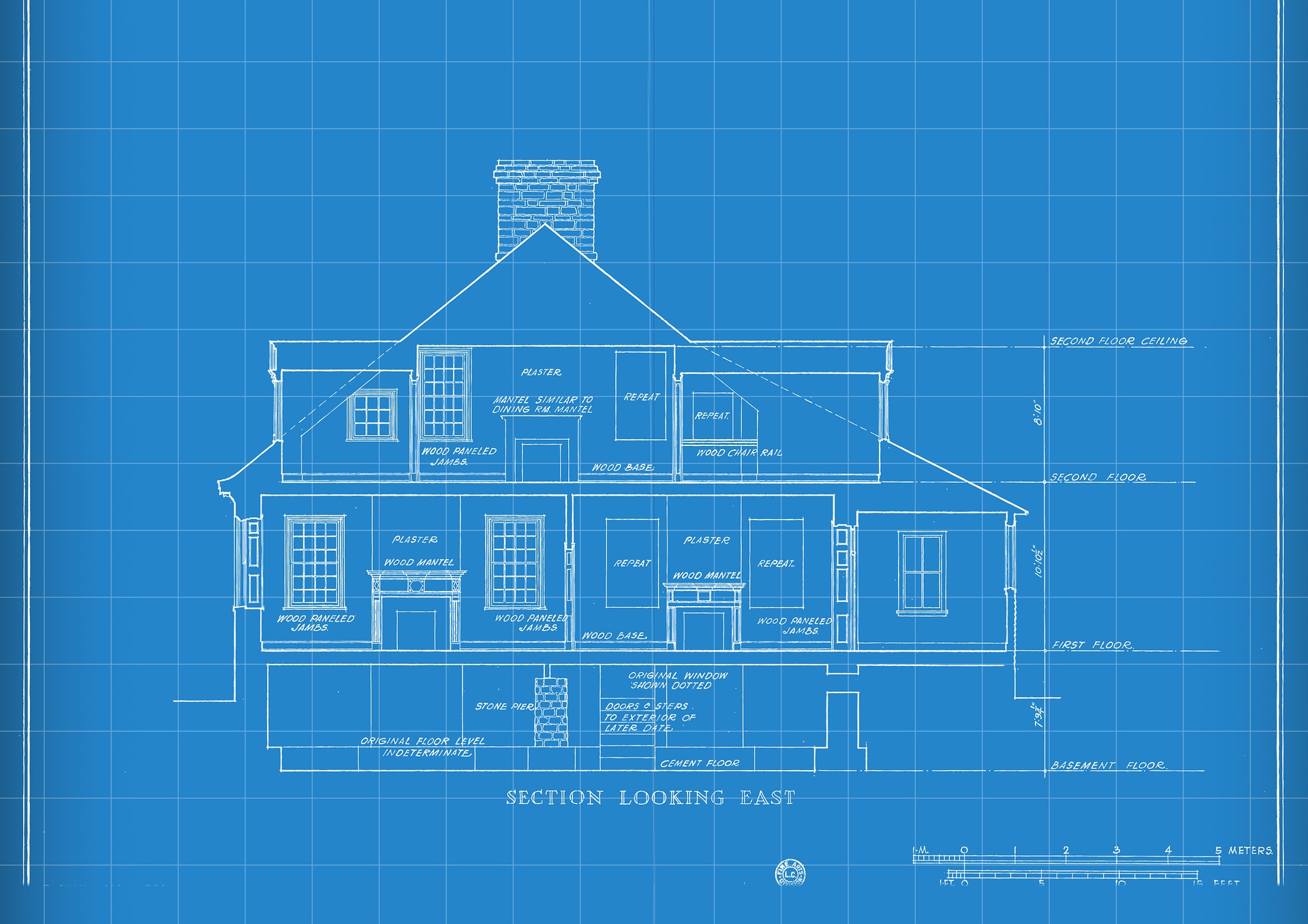Within the real estate industry, there are a vast number of roles: from valuers and building consultants to developers and investors, there is something for everyone. Each role differs in terms of its scope and the skills needed. However, no building would be possible without planners. Planning Consultants within the private sector are responsible for issuing detailed strategic advice, drafting, submitting and monitoring planning applications, monitoring policy and legislation, plan drawing and a whole lot more.

It is very likely that your only experience of planners has been when a friend or member of your family has had a home extension or an issue with their fence boundary and had to apply for planning permission from their local council. I know from my own experiences that as soon as I tell people I’m a planner I either get confused looks or asked about extensions or loft conversions. Although domestic householder applications are extremely important and valuable, this is not what an urban planner at a Corporate Real Estate (CRE) company does very often… or at all. The fundamental difference is in terms of scale and type of application. Whereas, a domestic/householder application is often at a smaller scale, planning in a corporate world often involves large scale and complex applications. These applications will also include commercial, retail and leisure properties in addition to large scale residential schemes.
The bread and butter of a private sector planner is the ability to swiftly appraise a site and gauge planning opportunities. Sometimes planners may already be aware of potential designations/restrictions, however, quite often you will be unaware of these restrictions and will only discover them as you research the site. Planning appraisals of sites are the first step in understanding a site’s potential, as a planner, it is imperative to look for any policy allocations on a site, potential contamination, heritage assets, relevant designations, levels of potential flood risk, surrounding uses, the sites planning history, the sustainability of the location and the relationship between the site and local planning policy, and central government legislation. Site appraisals can either be conducted in person via a site visit or by a desktop search, depending on the scale and nature of the application and the site itself.

By understanding a site, you can then begin to either examine proposals issued by a client or suggest potential site uses or redevelopment opportunities. Your professional opinion and insight will be based on what is already on site and this will inform any future progress in the application process. Your professional opinion will differ depending on the site and its context, for example, your professional opinion on a development of 100 apartments in the green belt would be completely different to your opinion on that same scheme in a city centre brownfield location depending on the policy context, sustainability of the site and a dozen other factors. Within planning, context is of titular importance. A potential development site is not built in isolation but needs to be in keeping within the surrounding built context, as well as the wider political, economic and environmental context.
Planners do not work in isolation and as a professional, you will interact regularly with solicitors, urban designers, architects and surveyors qualified in varying disciplines, such as specialist markets and regeneration. Furthermore, due to the very public nature of planning, you will be exposed to journalists, local councillors and the general public at varying stages throughout the planning, public engagement and appeals process. Private planners also work alongside planners in the public sector. Every planning application made by a private planner is submitted to the local councils planning authority and is assessed on its appropriability concerning its context. The council will then either approve (with or without conditions) or refuse the planning application. There are opportunities to appeal decisions made by local planning authorities (if you disagree with the result) either at a local planning committee or in some cases by appealing to the Secretary of State for Housing and Communities and the Planning Inspectorate.

Whether in the public or private sector Planning is a professional service, and is represented by The Royal Town Planning Institute (RTPI), the principal body representing planning professionals in the United Kingdom which currently consists of over 25,000 members. Once sufficient experience in the industry is gained and an assessment of professional competence is completed, individuals can become chartered members of the RTPI. As a chartered planner, you must adhere to a code of conduct that includes standards of professional ethics. Chartered planners must maintain a level of professional development throughout their careers and continually attend to further learning opportunities to remain ahead of the curve about new developments and legislative changes.
Planning is a diverse career option and there are many opportunities within the UK to participate in the shaping of cities, whether that be in the public or private sector or a firm with thousands of employees or just one. Planning is exciting and on the cutting edge of development opportunities in both urban and rural contexts, it is fast-paced, diverse and definitely more than simply household extensions.


